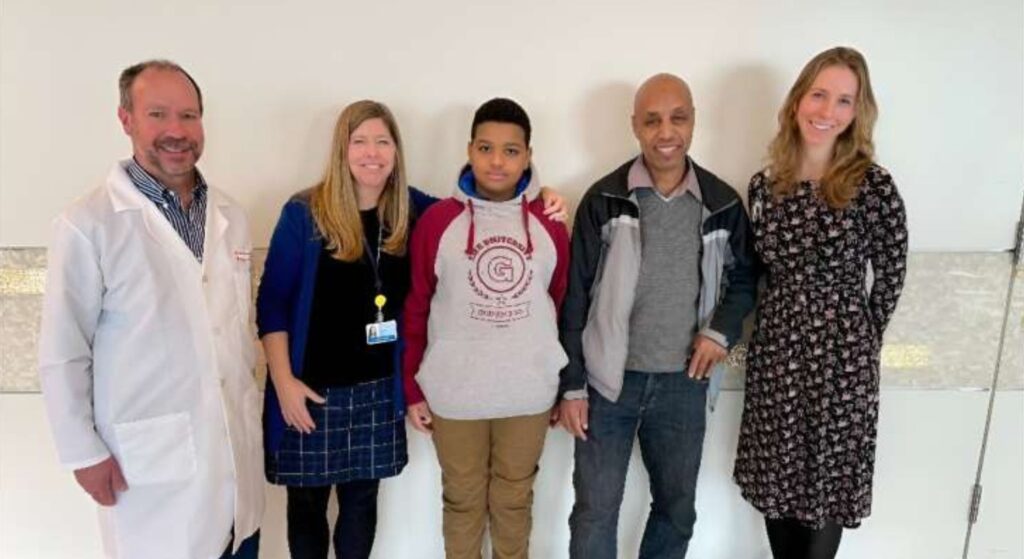In a remarkable breakthrough, 11-year-old Moroccan kid Aissam Dam, who was profoundly deaf at birth due to an extremely rare abnormality in a single gene, is now able to hear the sound of existence thanks to groundbreaking gene therapy.
Before his family moved to Spain, Dam had never heard anything at all about the world where he grew up. There, a hearing specialist they consulted said Dam could be a candidate for a gene therapy clinical trial.
Last October 4, 2023, Dam had his surgical operation—a first in the United States—at the prestigious Children’s Hospital of Philadelphia (CHOP). During the procedure, a modified virus designed to carry functional copies of the otoferlin gene was introduced into the fluid of his cochlea by partially raising his eardrum. With the help of this innovative approach, his hair cells were able to produce the missing protein and eventually resume their normal function.
About four months after receiving the treatment in one ear, CHOP shared in a statement that Dam’s hearing improved to the point that he now has mild-to-moderate hearing loss, opening his ears to a world filled with sound that had before been completely unknown to him. Moreover, they added that the success of this gene therapy procedure brings hope to patients around the world with hearing loss caused by genetic mutations.

John Germiller, the director of clinical research for the otolaryngology division at CHOP, stated that after more than two decades of research, gene therapy for hearing loss is now a reality for medical professionals and scientists studying the condition.
“While the gene therapy we performed in our patient was to correct an abnormality in one, very rare gene, these studies may open the door for future use for some of the over 150 other genes that cause childhood hearing loss,” he added.
The revolutionary therapy was developed to address a particular type of congenital deafness and will soon be trialed on younger kids.
Dam’s treatment’s results were beyond all expectations. Despite the notable success, the researchers acknowledge that Dam could have trouble learning the spoken language since the brain’s window usually shuts at the age of five.
Nevertheless, the successful procedure marked a significant leap in the field of gene therapy.
Prioritizing older children for safety concerns, the US Food and Drug Administration, which authorized this ground-breaking trial, sought to determine the treatment’s effectiveness and safety before proceeding to younger patients.
Other POP! stories that you might like:
The New Year’s Resolution Paradox: Why planned changes often go astray
Philippines records low wristband return rate at Coldplay’s world tour
IVE’s Jang Wonyoung wins civil lawsuit against YouTuber Sojang, sets new precedent
Guinness World Records puts Bobi’s ‘Oldest Dog Ever’ title on hold amid doubts about his age

